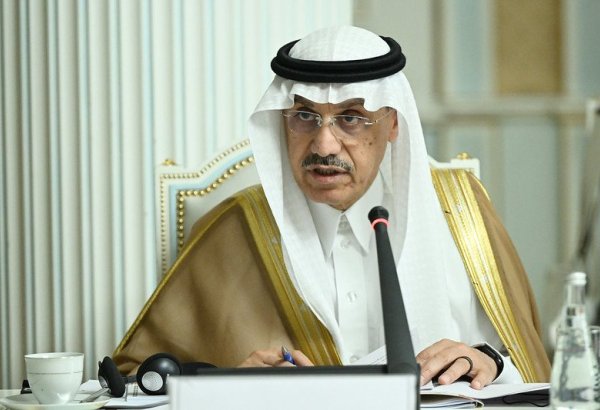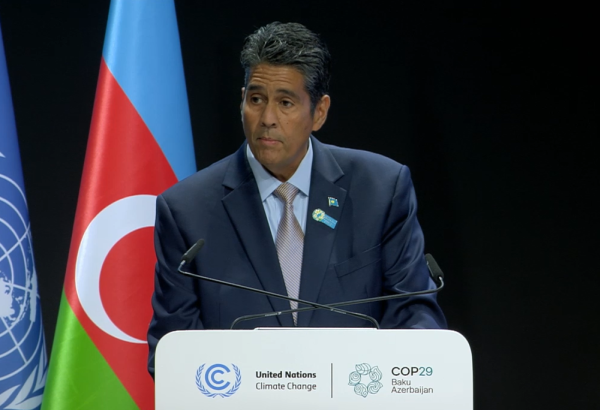BAKU, Azerbaijan, September 13. Azerbaijan's global energy transition is increasingly recognized as a vital step in combating climate change and achieving a sustainable future. This shift in energy systems plays a crucial role in the worldwide strategy to reduce greenhouse gas emissions and meet the goals set by the Paris Agreement.
International commitments, defined by conventions such as the Kyoto Protocol and the Paris Agreement, form the backbone of global climate action efforts. In recent years, significant strides have been made towards renewable energy sources, enhancing energy efficiency, and developing new technologies. Solar and wind power have become integral components of strategies aimed at reducing carbon emissions.
However, the importance of this transition extends beyond environmental benefits—it represents a move towards a more resilient and equitable world.
Transformative steps
Recent years have seen remarkable progress in renewable energy. Nations and companies are investing in clean technologies to decrease reliance on coal, oil, and gas. Solar and wind farms are springing up worldwide, hydrogen technologies are gaining traction, and energy storage systems are advancing. In Europe, for example, there has been a significant increase in renewable energy production, impacting various sectors from industry to transportation.
The energy transition also involves shifting approaches to energy management and economic strategies. Many countries are recognizing that their futures depend on how they respond to climate change, making the shift to "green" energy a national priority. This transition not only addresses environmental concerns but also generates new jobs and economic opportunities. Regions traditionally reliant on fossil fuels are now transitioning to renewable sources, developing new industries, and strengthening their economies.
New technologies, including hydrogen energy and advanced energy storage systems, are creating more resilient energy infrastructures. As noted in the Conference of the Parties (COP) documents, these measures have already led to reduced CO2 emissions in several countries and regions, along with new employment opportunities and economic growth.
Clean energy and the future of the planet
According to the World Economic Forum (WEF) Clean Energy 2024 report, the adoption of renewable energy has significantly reduced air pollution in major cities. One of the most apparent benefits of transitioning to clean energy is its environmental impact. Lower greenhouse gas emissions help slow global warming and prevent climate catastrophes. The use of clean technologies also improves air and water quality, directly benefiting human health.
The energy transition helps preserve natural ecosystems. Unlike coal, oil, and gas extraction—which often leads to environmental degradation—renewable energy minimizes such damage. The development of clean technologies contributes to biodiversity preservation, forest conservation, and the protection of water bodies.
Efficient new energy technologies are leading to a substantial reduction in coal and oil use in industry and power generation. This process improves urban air quality and lowers the risk of pollution-related diseases. According to COP and other international organizations, this can prevent thousands of premature deaths linked to worsening environmental conditions.
Looking ahead
What does the future hold for the energy transition? The shift will continue as technologies evolve and countries accelerate their adoption of renewables. Hydrogen technologies, transport electrification, and smart energy systems are just a glimpse of what lies ahead.
COP conferences play a crucial role in advancing these discussions. Government representatives, businesses, and civil society gather to explore measures supporting "green" energy, helping drive progress towards a sustainable future.
Financial support, innovation, and international cooperation will be the key to determining the success of the energy transition over the coming decades. Ultimately, the energy transition offers humanity the chance to build a world where technology not only fuels economic growth but also protects the planet. The process has already begun, marking a pivotal moment in global efforts towards sustainability.























